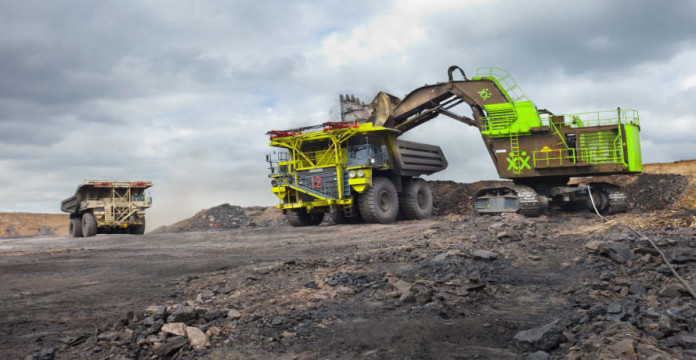
EXXARO Resources (Exxaro) has coped remarkably well with the volatile business conditions experienced during the first six months of its current financial year to end-December and is ready for what may yet be coming down the track.
The key points in the financial director’s pre-close message published on JSE news service on Thursday are that the group’s capital expenditure was down 61% in the first half of financial 2020 compared with the second half of financial 2019 and that Exxaro has also dropped debt to R5.3bn from R5.8bn at the end of 2019.
Sales to Eskom, however, were expected to drop 8% in the first six months of 2020 as supply agreements at the ECC and Leeupan collieries were still being negotiated.
Eskom has said recently it is endeavouring to drive down primary energy inflation. Lower Eskom sales would be offset by higher off-take from the Grootegeluk mine which supplies Eskom’s Matimba and Kusile power stations.
Coal off-take from Matimba and Medupi was “currently in line with contractual volumes” despite Eskom’s declaration of force majeure in April to which Exxaro objected strongly, said Riaan Koppeschaar, Exxaro’s finance director. “Eskom and Exxaro are still engaging on this matter,” he said.
In his comments, Koppeschaar said the group was expecting a deeper recession in 2020 than happened in 2008/2009, but he commented: “In addition to the operational measures implemented by us to combat the spread of the virus, further downside scenarios have been used to stress test our solvency and liquidity position.
“Management and our board of directors believe that the group has sufficient liquidity to withstand an interruption to our operations and will remain a going concern for the foreseeable future.”
Koppeschaar indicated prices for Exxaro’s two key commodities – coal and iron ore – had held up well in the first six months of the year with the AP14 coal export price index expected to average $66/t (second half 2019 – $69/t) free-on-board while the iron ore fines price would average $90/t ($96/t) cost and freight in China.
The coal business performed well in the first half with overall production and sales only expected to drop by 1% and 2% respectively because of the impact of the COVID-19 pandemic on market demand and the lockdown measures on the group’s Mpumalanga province collieries.
Koppeschaar expected Exxaro to increase its export sales, but this will be offset by lower commercial domestic sales volumes. The export price will be lower but again, offsets were available in the form of a weaker dollar/rand exchange rate.
He estimated the coal export “seaborne” market was currently oversupplied by about 40 million tons, but commented: “We have seen the worst of the lockdowns with negative impacts on the energy complex”.
Koppeschaar added markets like Vietnam and Pakistan took advantage of market conditions when the AP14 index dropped to historically low levels of $40/t to buy more South African coal although Indian demand fell below normal off-take levels.











